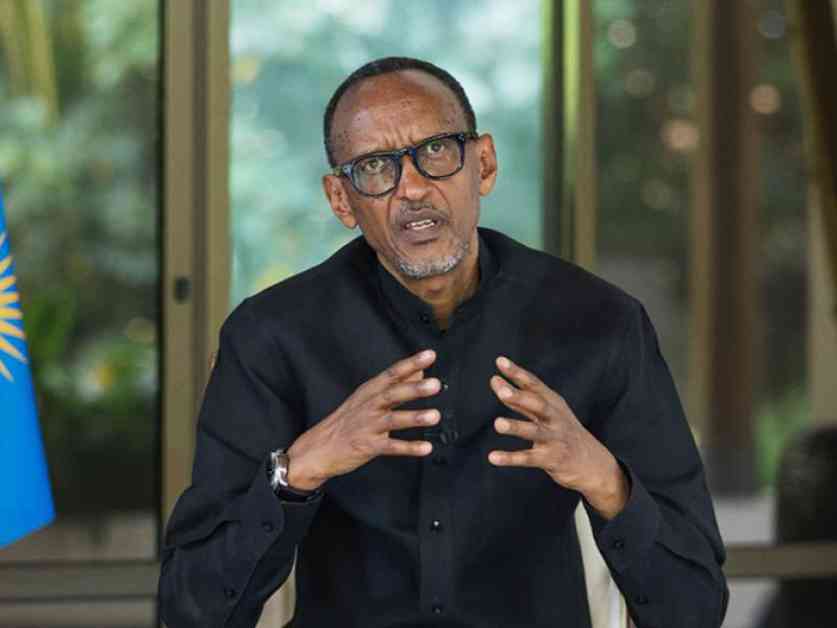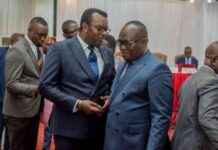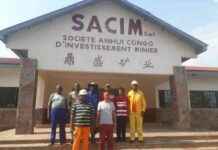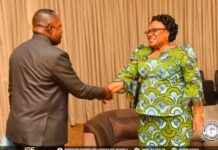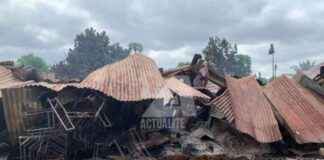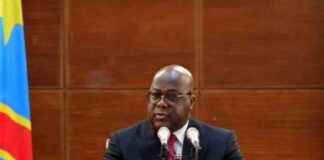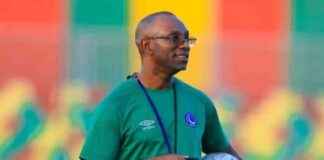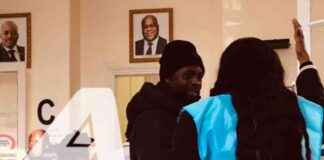The Rwandan government has recently spoken out against the sanctions imposed by the United Kingdom following the escalation of conflict in the eastern Democratic Republic of the Congo. The situation stems from the Rwandan army’s support of the M23 rebels who have taken control of significant areas, including the cities of Goma and Bukavu. In a statement released on Tuesday, February 25, 2025, the Rwandan Ministry of Foreign Affairs criticized the UK for taking sides and argued that these actions do not contribute to a lasting solution to the security crisis in eastern DRC.
According to the Rwandan Ministry of Foreign Affairs, the punitive measures announced by the British government in response to the conflict in eastern DRC are regrettable. The ministry’s statement, led by Olivier Nduhungirehe, expressed that it is unreasonable to expect Rwanda to compromise its national security and the safety of its citizens. The ministry further emphasized that these sanctions do not benefit the Democratic Republic of Congo and do not aid in finding a sustainable political solution to the conflict in eastern DRC.
Kigali places a significant portion of the responsibility for the crisis on the government of the DRC. The Rwandan government believes that the failure to hold the DRC government accountable for repeated attacks against its citizens, including indiscriminate bombings of Banyamulenge villages in South Kivu, encourages the DRC to intensify its military efforts, thus prolonging the conflict and civilian suffering. Rwanda will continue to demand security guarantees that the DRC and the international community have not been willing or able to provide.
Among the measures announced by the British government are limitations on commercial promotion activities with Rwanda, suspension of direct bilateral financial aid to the Rwandan government (excluding support for the poorest and most vulnerable), coordination with partners for possible new sanction designations, suspension of future defense training aid to Rwanda, and review of export licenses for the Rwandan Defense Force. These sanctions were imposed following the visit of the British Foreign Secretary to Kinshasa and Kigali.
During his visit to the DRC and Rwanda on February 21 and 22, the British Foreign Secretary met with Presidents Félix Tshisekedi and Paul Kagame. He emphasized that there can be no military solution to the conflict and called for an immediate ceasefire. London urged both parties to engage in peace processes led by the African Union and regional organizations, including the EAC and SADC. The British government also emphasized the importance of implementing commitments made during the joint summit of these two organizations on February 8.
Experts predict that the diplomatic tensions between the UK and Rwanda may further complicate efforts to resolve the conflict in eastern DRC. The situation calls for careful navigation to ensure that the interests of all parties involved are considered and that a peaceful resolution can be achieved.
The dispute between the UK and Rwanda highlights the complex nature of international relations and the challenges of addressing conflicts in regions plagued by historical tensions and political complexities. As the situation continues to unfold, it remains to be seen whether diplomatic efforts will lead to a meaningful resolution that benefits all parties involved in the conflict in eastern DRC.
